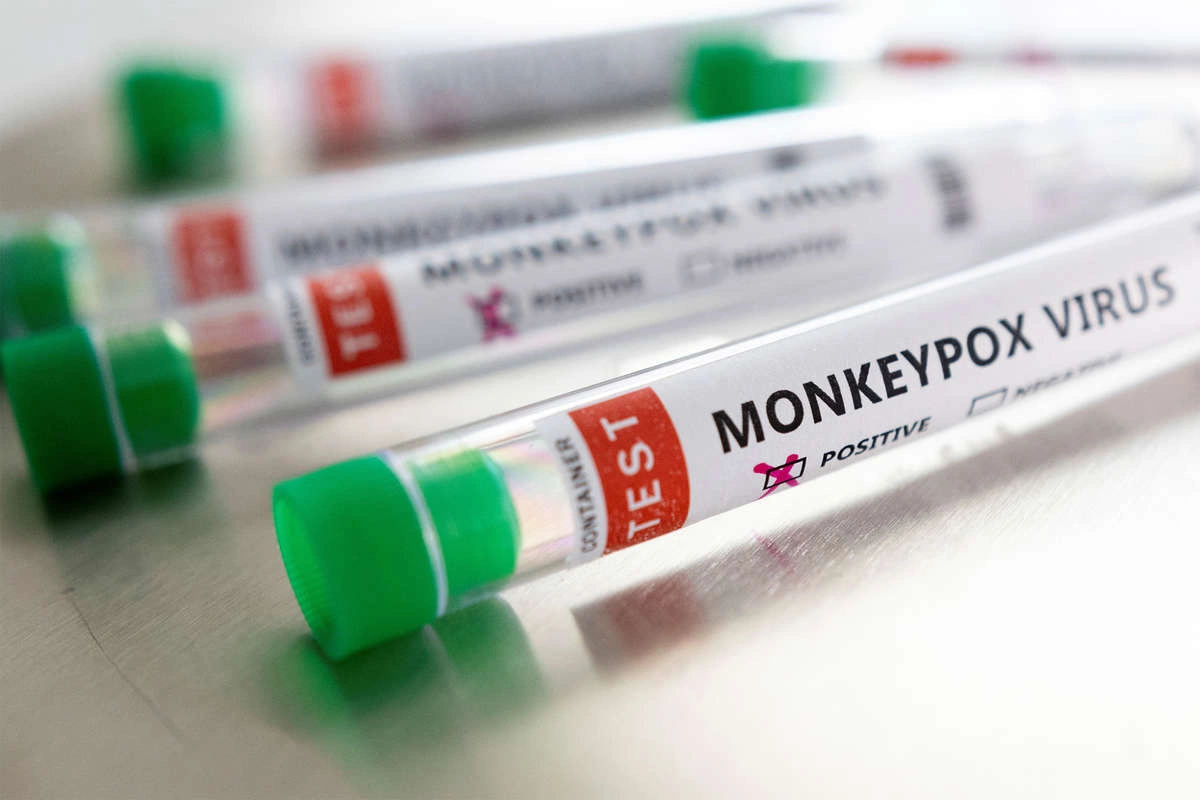Monkeypox could become a serious global threat, scientists warn

Scientists from the University of Surrey have issued an alarming warning: the Mpox virus, formerly known as monkeypox, could become a serious global health threat if the world community continues to underestimate its potential. Researchers note a critical change in the virus's behavior - it has shifted from predominantly zoonotic transmission to sustained spread between humans. The research results are published in the authoritative scientific journal Nature Medicine.
Mpox belongs to the same family of viruses as the infamous smallpox. The disease manifests with characteristic symptoms: fever, enlarged lymph nodes, and painful skin rashes. In some cases, the infection can lead to serious complications that threaten the patient's life.
Historically, Mpox outbreaks were recorded predominantly in Central Africa, but since 2022, the geography of the virus's spread has significantly expanded, covering many countries around the world. Particularly alarming are new outbreaks in sub-Saharan African countries. Currently, adults constitute the main risk group, but experts warn of a possible shift in the focus of infection to the child population, which is characterized by an increased risk of developing severe complications.
Carlos Maluquer de Motes, the leading virologist of the research group, emphasizes: "We are observing a fundamental change in the epidemiology of Mpox. Recent outbreaks demonstrate that the virus is now predominantly transmitted through close physical contact between people. This leads to the formation of longer transmission chains and a prolonged nature of epidemic outbreaks."
Researchers have recorded that the spread of a new variant of the virus, designated as IIb, coincided with a noticeable increase in incidence. However, other strains are now also becoming active, including strain I, which is considered more virulent. Scientists note that viruses accumulate genetic changes potentially contributing to their better adaptation to the human body.
"Controlling the spread of Mpox should become a priority for global health. Currently, we have a limited arsenal of diagnostic tools and even fewer effective therapeutic agents. We urgently need new testing methods and localized production of antiviral drugs, otherwise we risk facing new large-scale epidemics," warns Maluquer de Motes.
Unlike smallpox, complete eradication of Mpox seems impossible due to the presence of natural reservoirs of the virus among animals. Scientists insist: without urgent measures, including investments in the development of diagnostic tests and new drugs, the virus will continue to periodically emerge, creating a constant threat to the global healthcare system.
Similar News
President of Bulgaria announced his resignation
President of Bulgaria Rumen Radev announced his resignation. As reported by BAKU.WS with reference to TASS, he addressed the nation and announced that he intend...




 Azərbaycanca
Azərbaycanca  По-русски
По-русски  English
English 





